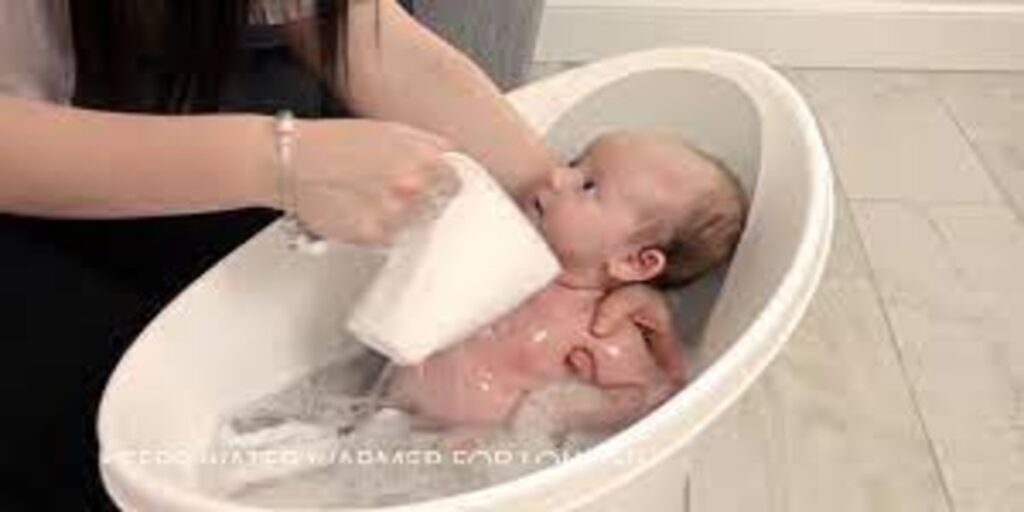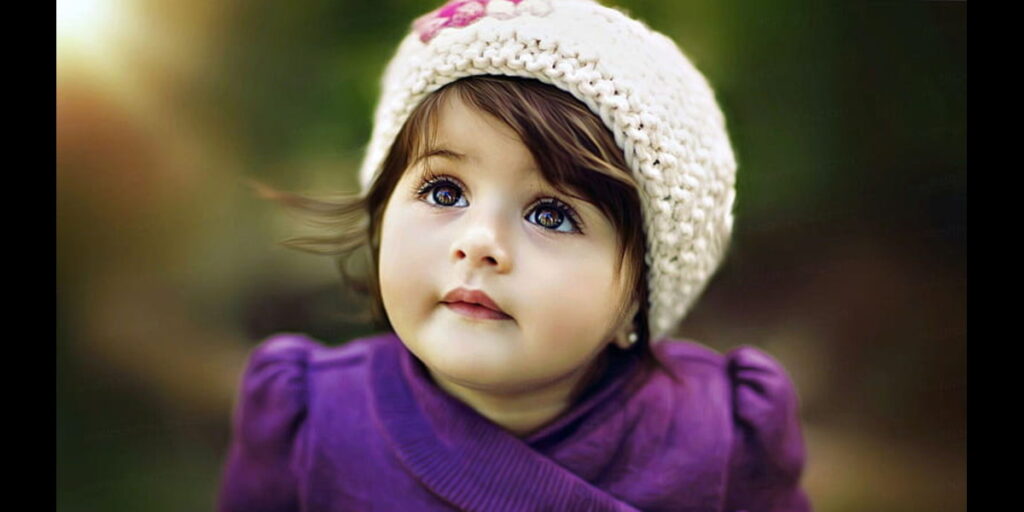Baby
Newborn Baby Bathing Guide – Nozaida Bachy K Ghusal Ka Tarika
Newborn Baby Bathing Guide – Nozaida Bachy K Ghusal Ka Tarika
Table of Contents

Newborn Baby Bathing Guide – Nozaida Bachy K Ghusal Ka Tarika
Welcoming a newborn is a joyful experience, but it comes with several responsibilities, including learning the right way to bathe your baby.Newborn Baby Bathing Guide – Nozaida Bachy K Ghusal Ka Tarika This guide on Nozaida Bachy K Ghusal Ka Tarika provides detailed, step-by-step instructions to ensure your baby’s bath is safe, gentle, and relaxing.
Why is Bathing a Newborn Important?
Bathing a newborn is not just about cleanliness—it’s an essential part of bonding and maintaining your baby’s health. Here are some benefits:
- Maintains Hygiene: Cleanses sweat, dirt, and oils.
- Strengthens Bond: Bathing offers intimate moments that strengthen the parent-child connection.
- Improves Circulation: Warm water helps boost blood circulation and calms the baby.
- Skin Care: Helps prevent rashes and promotes healthy skin.
Preparing for the First Bath
Preparation is key to making your baby’s first bath smooth and stress-free.
Essentials You’ll Need:
- A soft, clean towel and washcloth.
- A baby bathtub or a clean, shallow basin.
- Mild, unscented baby soap and shampoo.
- A clean diaper and fresh clothes for after the bath.
Step-by-Step Guide: Nozaida Bachy K Ghusal Ka Tarika
1. Pick the Right Time
Choose a time when your baby is calm and not hungry. Avoid bath time immediately after feeding.
2. Check the Water Temperature
- Use lukewarm water (around 37°C or 98°F).
- Test the water with your wrist or elbow to ensure it’s comfortable for your baby.
3. Start with a Sponge Bath
For the first few weeks, stick to sponge baths until the umbilical cord stump falls off.
- Dip a clean, soft washcloth in warm water.
- Gently wipe your baby’s face, neck, and hands.
4. Switch to Tub Baths
After the umbilical cord stump heals, you can transition to tub baths.
- Fill the baby tub with 2–3 inches of warm water.
- Hold your baby securely, ensuring the head and neck are supported.
5. Clean Gently
- Use a small amount of baby soap and wash their body.
- Clean the diaper area last to prevent contamination.
6. Rinse and Dry
- Gently pour water over your baby to rinse off the soap.
- Pat your baby dry with a soft towel, especially in skin folds.
Common Mistakes to Avoid
- Incorrect Water Temperature: Too hot or cold water can irritate the baby’s sensitive skin.
- Frequent Bathing: Bathing 2–3 times a week is enough; daily baths may dry out their skin.
- Leaving the Baby Alone: Never leave your baby unattended during bath time.
Pro Tips for a Safe Bathing Experience
- Stay Calm: Babies can sense stress, so remain relaxed.
- Be Prepared: Keep all bath supplies within reach.
- Use Gentle Products: Always choose baby-friendly, unscented products.
FAQs: Nozaida Bachy K Ghusal Ka Tarika
1. How often should I bathe my newborn?
Newborns only need a bath 2–3 times a week to maintain hygiene.
2. When can I give my baby a tub bath?
Tub baths are safe after the umbilical cord stump has fallen off, usually 2–3 weeks after birth.
3. What is the ideal water temperature for a baby’s bath?
The ideal temperature is lukewarm, around 37°C (98°F). Always test the water before bathing your baby.
4. What products should I use for my newborn?
Use mild, hypoallergenic baby soaps and shampoos designed for sensitive skin. Avoid harsh chemicals.
5. What should I do if my baby cries during the bath?
Check the water temperature, ensure a soothing environment, and try talking or singing to comfort your baby.
6. Can I bathe my baby daily?
Daily baths are unnecessary and may dry out their skin. Sponge baths between regular baths are sufficient.
7. How do I clean the umbilical cord area?
Gently wipe around the stump with a clean, damp cloth. Avoid submerging the stump in water until it heals



